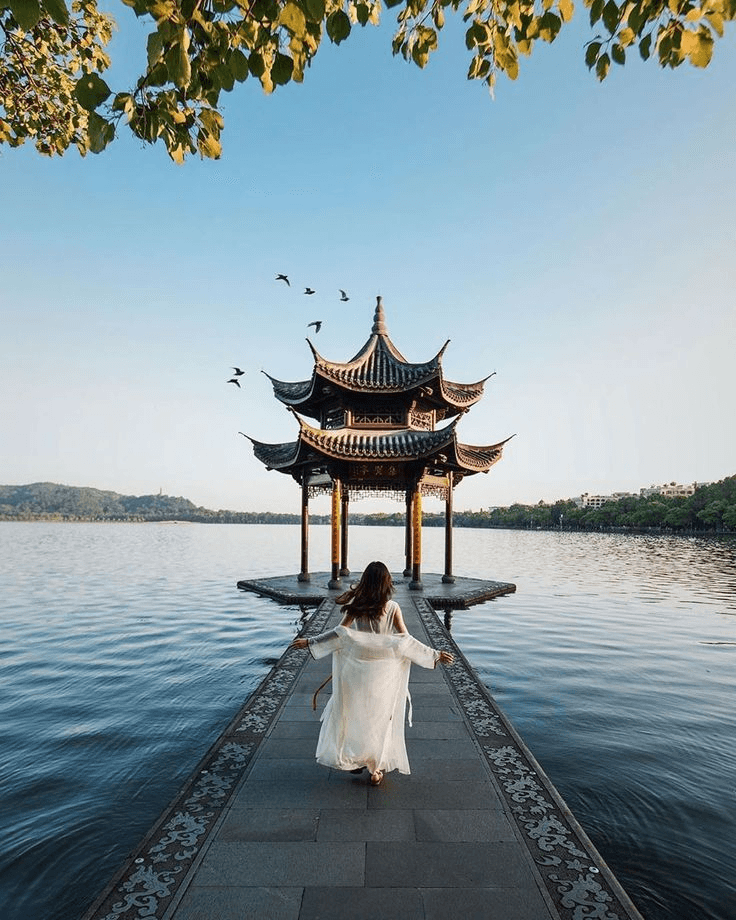Introduction
Standing on the Great Wall, watching the mountains stretch endlessly into the horizon, it’s easy to forget one simple question: Is it safe to travel in China?
For many foreign travelers, especially first-time visitors, this is the number one concern before booking flights.
This guide draws on years of travel experience in China and official safety advisories, offering a clear, trustworthy look at health risks, crime prevention, and legal considerations — so you can plan your trip with confidence.
Understanding Safety in China
China is one of the world’s most visited countries, welcoming millions of international travelers each year. While no country is without risks, China is generally considered safe for foreigners, with lower violent crime rates than many Western destinations. However, like any large nation, it comes with its own set of challenges — from health precautions to understanding local laws.
Health Risks for Travelers
Common Health Concerns
- Air Quality: Some cities, especially in the north during winter, may experience high levels of air pollution. Tip: Use an app like IQAir or AirVisual to monitor AQI and consider wearing a mask on bad days.
- Seasonal Illnesses: Colds and flu are common in winter; mosquito-borne illnesses may occur in warmer months in southern provinces.
- Food & Water Safety: Tap water is generally not safe to drink. Stick to bottled or boiled water.
Recent Health Alerts
In 2025, Guangdong province reported outbreaks of mosquito-borne diseases such as chikungunya. Travelers are advised to use insect repellent and wear long sleeves in high-risk areas.
Healthcare Access
Major cities have international clinics and hospitals with English-speaking staff. In rural areas, facilities may be basic.
Tip: Carry travel insurance that covers emergency evacuation.
Crime and Scam Prevention
Petty Crime
Violent crime against foreigners is rare, but petty theft can occur in crowded tourist areas.
Precautions:
- Keep valuables in a money belt or cross-body bag.
- Be cautious in busy transport hubs and night markets.
Common Scams
- Tea House Scam: Strangers invite you for tea and present an inflated bill.
- Art Student Scam: “Students” invite you to see their art, then pressure you to buy.
- Taxi Overcharging: Use official taxi stands or ride-hailing apps like DiDi.
Police Presence
Police are generally approachable and willing to assist foreign tourists. Carry your passport or a copy, as ID checks are possible.
Legal Risks and Local Laws
Know the Rules
- Visa Compliance: Overstaying your visa can result in fines or detention.
- Restricted Areas: Certain border regions require special permits.
- Cultural Sensitivities: Avoid political discussions in public; some topics are sensitive.
Drug Laws
China enforces strict anti-drug laws, with severe penalties for possession or use.
Photography Restrictions
Do not photograph military installations, certain government buildings, or infrastructure without permission.
Transportation and Road Safety
- Urban Transport: Metro systems in major cities are safe and efficient.
- Road Traffic: Traffic accidents are common; always wear seatbelts.
- Domestic Flights & High-Speed Trains: Both are reliable and safe options for long-distance travel.
Natural Disasters and Weather Safety
- Typhoons: Coastal areas may be affected between July and September.
- Flooding: Can occur in southern provinces during rainy season.
- Winter Conditions: Snow and ice may disrupt transport in the north.
Practical Tips for Staying Safe
- Stay Informed: Check your country’s travel advisory before and during your trip.
- Use Reputable Services: For guides, tours, and transport.
- Blend In: Dress modestly and respect local customs.
- Emergency Numbers:
- Police: 110
- Ambulance: 120
- Fire: 119
Conclusion
So — is it safe to travel in China? For most visitors, the answer is yes. With low violent crime rates, good infrastructure, and a rich cultural heritage, China offers unforgettable experiences for travelers.
By staying informed, respecting local laws, and taking basic precautions, you can enjoy everything from Beijing’s imperial palaces to the karst peaks of Guilin with peace of mind.
If you ever need more tailored advice for your travel style and interests, feel free to reach out — we’re always happy to share what we know from years of exploring China.










